We may earn money or products from the companies mentioned in this post. This means if you click on the link and purchase the item, I will receive a small commission at no extra cost to you ... you're just helping re-supply our family's travel fund.
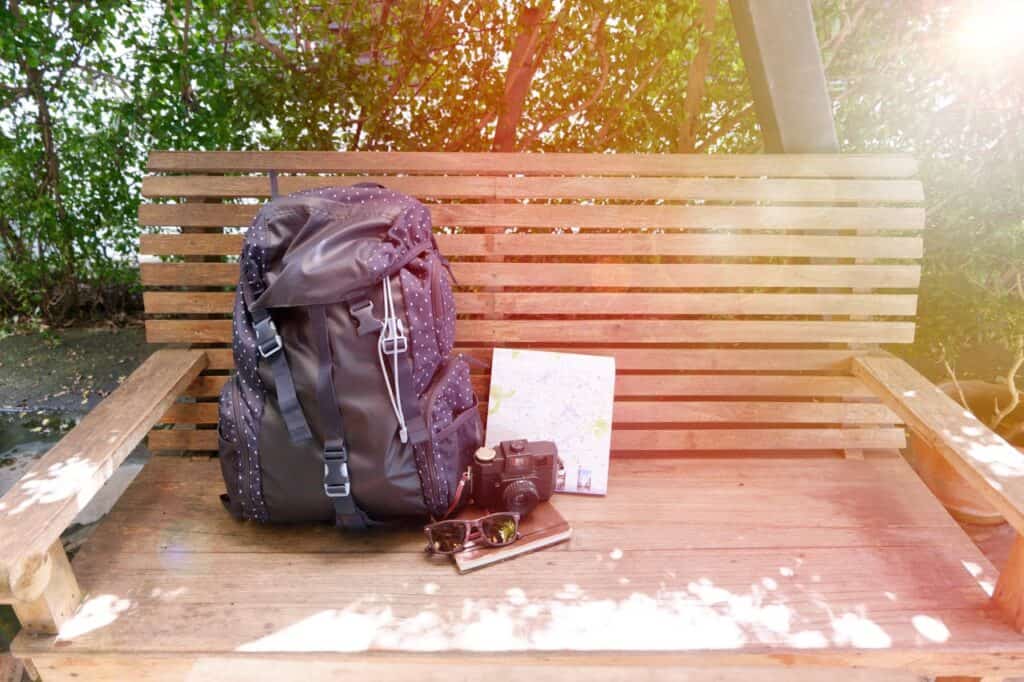
Traveling sustainably doesn’t have to mean giving up the comforts that make a trip enjoyable. With a little planning and smart choices, you can lessen your environmental footprint while still having a smooth and memorable experience. From packing better to choosing transportation options that balance convenience with responsibility, there are simple ways to shift habits. These approaches not only help the planet but also make your travels more thoughtful and often more rewarding.
1. Pack Light to Cut Emissions
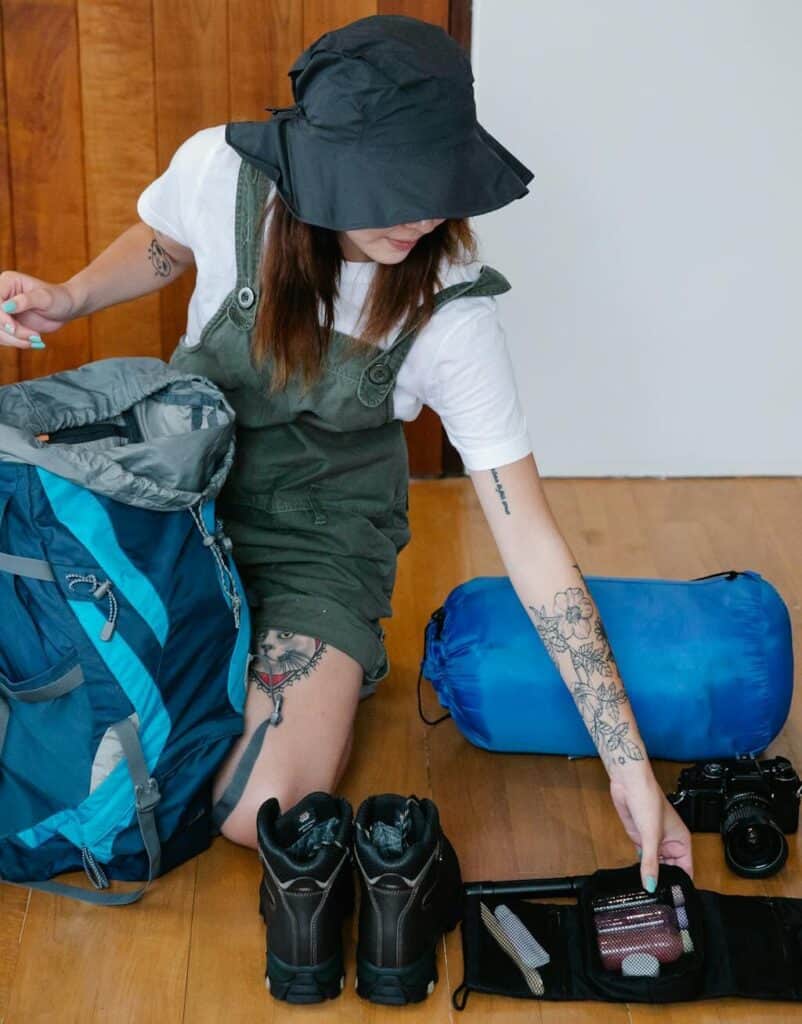
Every pound you carry on a plane or bus increases fuel consumption, so packing light is one of the simplest sustainable choices. Streamline your wardrobe to versatile items you can mix and match rather than hauling extra outfits you won’t wear. A smaller suitcase also makes it easier to move around, saving you energy and stress. Even small reductions in luggage weight scale up when multiplied by millions of travelers. The bonus is more mobility, less hassle at airports, and a lighter mental load.
2. Choose Direct Flights When Possible

Flights, especially short ones, are among the biggest contributors to travel emissions. When you can, book direct routes or swap planes for trains, buses, or rideshares. Many cities also offer bike rentals and strong public transit networks, letting you move efficiently without waste. Electric cars add another option for longer routes. Careful planning keeps you grounded longer, reduces your footprint, and turns the journey itself into part of the experience.
3. Stay in Eco-Certified Accommodations

Where you stay shapes the impact you leave behind. Eco-certified hotels and lodges focus on reducing waste, conserving water, and using renewable energy. Beyond that, putting your money into these places ensures your spending supports businesses committed to sustainability. It’s not just about checking in it’s about knowing your stay fuels positive change. Choosing accommodations aligned with these values makes your trip both comfortable and responsible.
4. Opt for Public Transit or Shared Rides

Instead of defaulting to rental cars, explore options like buses, trains, or trams. These choices often reduce costs, save you parking stress, and put you closer to local life. In many cities, public systems are efficient and surprisingly comfortable. When driving is unavoidable, look into hybrid rentals or ride-sharing with others. Small adjustments like these help cut carbon output while keeping your trip flexible and enjoyable
5. Eat Local and Seasonal Foods

Food choices have major environmental effects. Imported goods flown across oceans carry heavy emissions, while local, seasonal foods reach your plate with far less impact. Farmers markets, neighborhood cafés, and regional restaurants not only reduce wasteful transport but also give you fresher, richer flavors. Eating with the seasons connects you to the rhythm of a place and ensures your meals support both the environment and the community.
6. Refill Instead of Buying Plastic Bottles
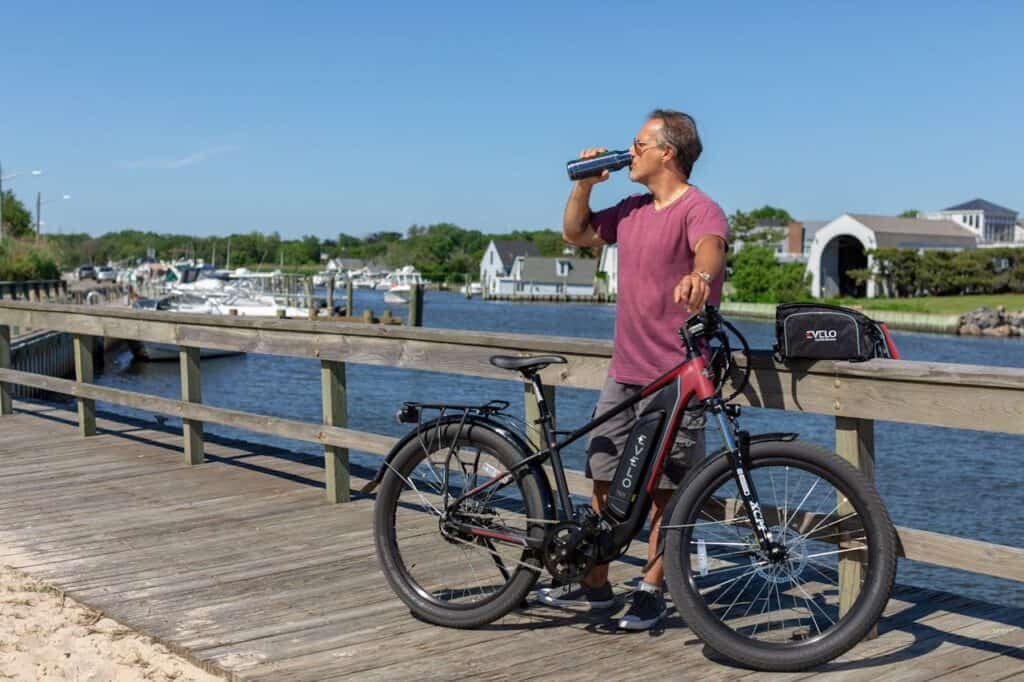
A single reusable water bottle can replace dozens of disposable plastics in just one trip. Airports, hotels, and attractions increasingly offer refill stations, making this switch easy. Beyond reducing waste, many bottles are insulated, keeping drinks cold or hot longer than flimsy disposables ever could. It’s a simple change that prevents plastic buildup, saves money, and leaves you more prepared for long days on the move.
7. Support Low-Impact Tours

Tours vary widely in their environmental footprint. Choosing operators who keep groups small, respect wildlife, and support conservation ensures your activities benefit the place you’re visiting. These mindful experiences often feel richer, giving you space to connect deeply without the rush of mass tourism. Quality beats quantity, and by booking with responsible companies, you make sure your leisure time actively helps preserve the destinations you love
8. Minimize Hotel Energy Use

Hotel stays can quietly rack up unnecessary energy waste. Simple actions like turning off lights, unplugging electronics, and reusing towels make a noticeable difference. While many hotels encourage this behavior, guests ultimately decide how resources are used. Carrying the same mindful habits you practice at home ensures your trip remains comfortable while lighter on the planet. It’s an easy way to reduce excess without sacrificing your stay.
9. Explore by Bike or on Foot
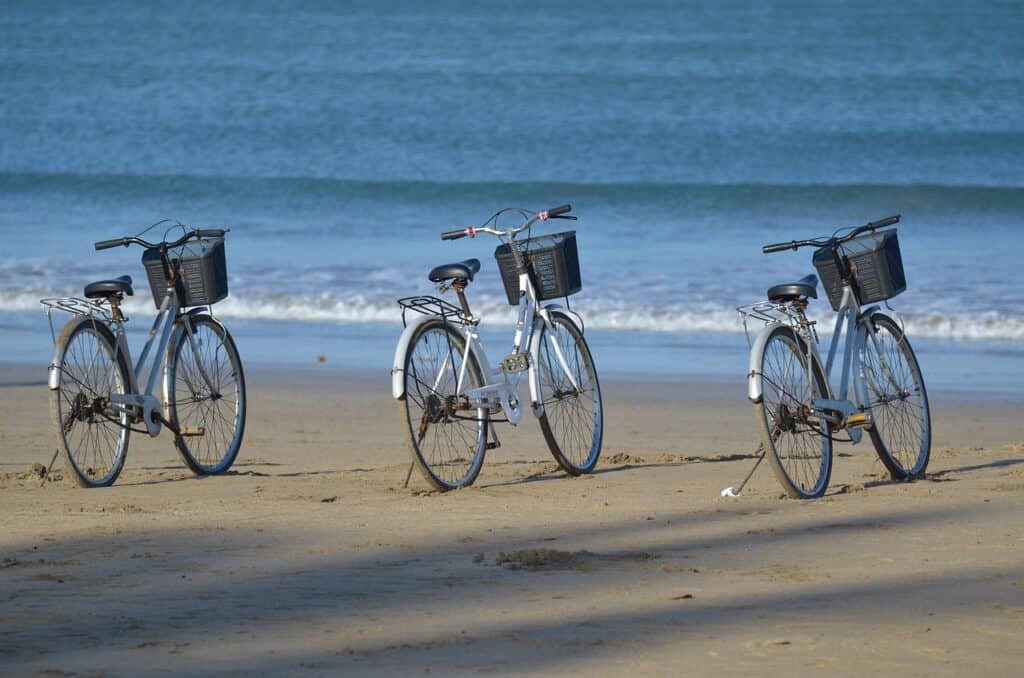
Walking or cycling isn’t just better for the planet; it’s often the most rewarding way to see a new place. Pedaling through city streets or strolling at your own pace reveals small details you’d miss from behind car windows. Rentals are widely available, and many destinations design routes for travelers. Far from limiting comfort, moving this way deepens your connection, offering freedom and immersion in local rhythms.
10. Choose Experiences Over Souvenirs

Souvenirs can be tempting, but mass-produced trinkets usually come with hidden costs in shipping, packaging, and waste. A better choice is spending on experiences like cooking classes, cultural tours, or outdoor adventures that connect you to the place in meaningful ways. Photos, journals, and shared stories create lasting memories without weighing down your luggage. By choosing activities over objects, you reduce clutter, avoid unnecessary consumption, and bring home something far more valuable; experiences that stay with you.
11. Use Digital Tools Over Paper
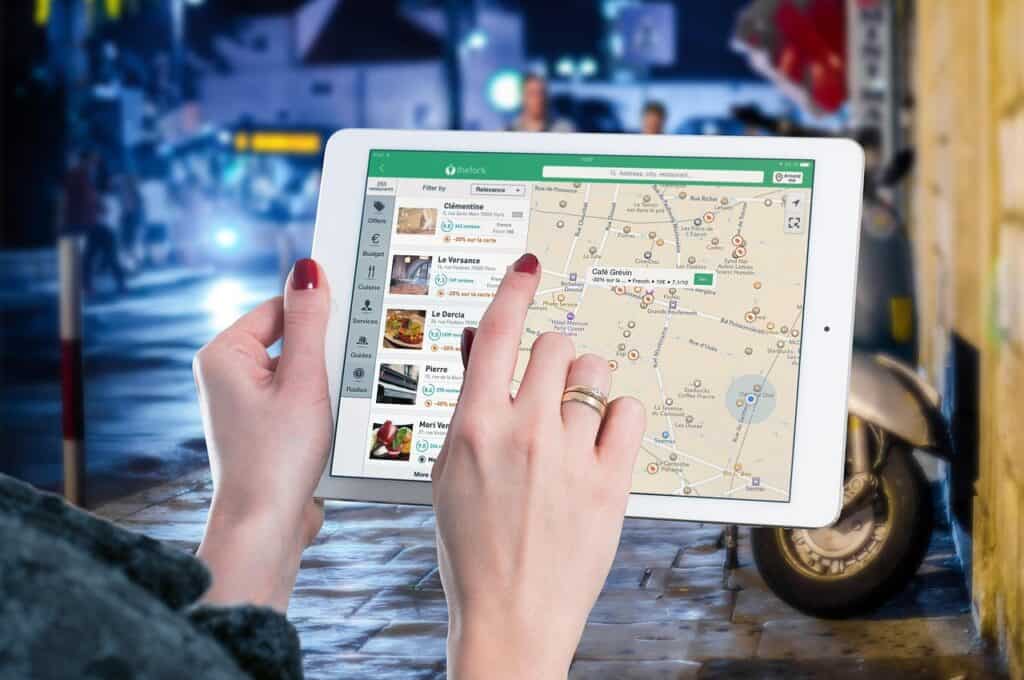
Paper waste piles up quickly on trips, from boarding passes to brochures. Switching to digital options is a simple fix. Most airlines and hotels accept electronic tickets and QR codes, while maps and guides are easily downloaded to your phone. Using digital tools not only saves trees but also reduces the clutter in your bag. It’s a convenient habit that fits seamlessly into modern travel, helping you cut waste while keeping your essentials organized and accessible.